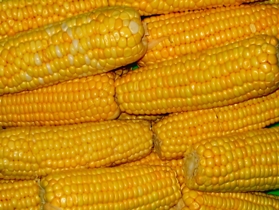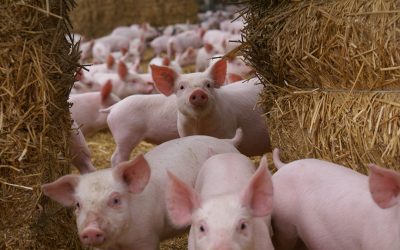Maize genetic code unravelled by US scientists

150 researchers across the United States in a four year effort have developed a full gene map of maize (corn) that should pave the way to significant improvements in breeding of the plant.
The results represent the largest and most complex plant genome sequenced to date, and are the cover story in the Nov. 20 issue of the journal Science.
The new map, a special type of gene map known as a haplotype map, charts genetic diversity and recombination across the genome of 27 inbred lines of maize.
"Sequencing the corn genome will help researchers in the United States and around the world develop corn varieties to confront critical global challenges like climate change, hunger and renewable energy," says Edward B. Knipling, administrator of USDA’s Agricultural Research Service (ARS).
"This effort will provide scientists a preliminary blueprint for identifying genetic pathways that will lead to a better understanding of corn and enable scientists to improve corn in a number of ways."
The sequencing will help researchers uncover the relationships between corn genes and traits, develop an overall picture of the plant’s genetic makeup and broaden understanding of how the complex interplay of genetics and environment determines the plant’s health and viability.
Researchers found that maize (Zea mays) with its genome of estimated 32,000 genes distributed along 10 chromosomes is about 70% the size of the human genome.
The project, which began in 2005, cost $29.5 million and was funded by the National Science Foundation and the US Departments of Agriculture and Energy.











